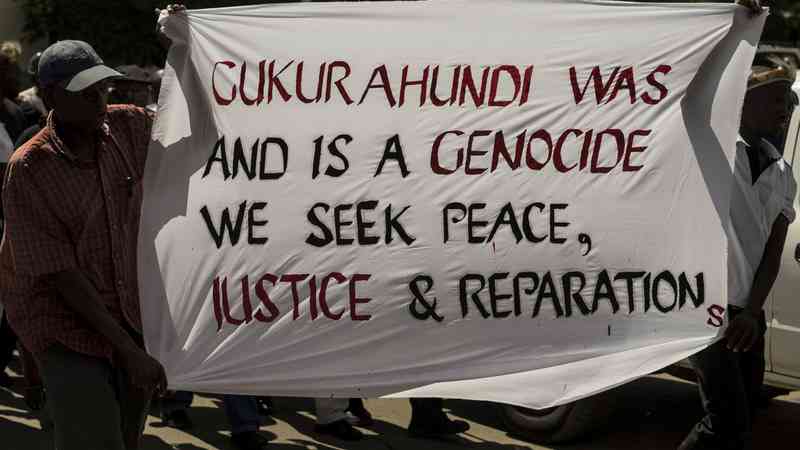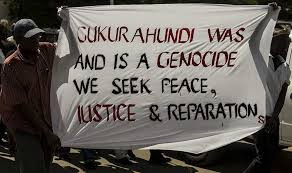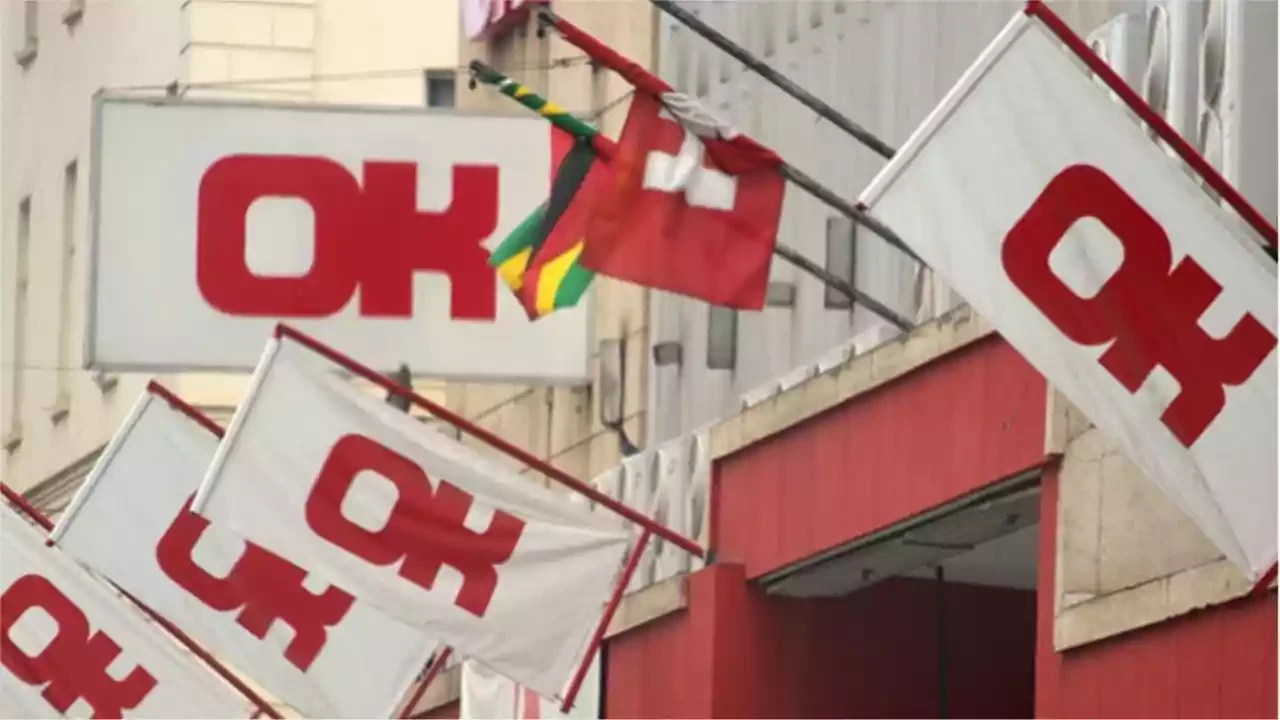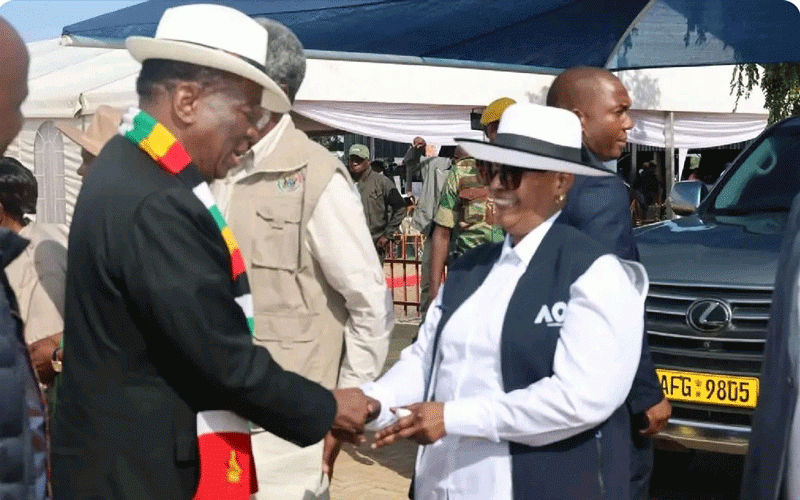
The issue of Gukurahundi in Zimbabwe, a tragic chapter in the country’s history, remains a sensitive and contentious topic.
The recent launch of the Gukurahundi outreach program by President Emmerson Mnangagwa in July was initially perceived as a promising step towards acknowledging and addressing the grievances stemming from the violence that took place in the early 1980s.
However, the subsequent logistical challenges that have hindered the program’s progress suggest that the government’s commitment to genuinely resolving these issues may be lacking.
The Gukurahundi massacres, which resulted in the deaths of thousands of people, primarily from the Ndebele community, have long been a source of pain and division in Zimbabwe. For decades, the issue was largely ignored, with many victims and their families left without closure.
The launch of the outreach programme was a crucial moment, signalling a potential shift towards reconciliation and accountability.
Yet, the recent setbacks raise serious questions about the government’s priorities and sincerity.
Logistical challenges, as reported, have impeded the outreach program’s effectiveness.
These challenges could encompass a range of issues, from inadequate funding and resources to poor planning and execution.
- Mavhunga puts DeMbare into Chibuku quarterfinals
- Bulls to charge into Zimbabwe gold stocks
- Ndiraya concerned as goals dry up
- Letters: How solar power is transforming African farms
Keep Reading
Such obstacles are not merely technical failures; they reflect a deeper systemic issue within the government.
If addressing Gukurahundi was a true priority, one would expect that sufficient resources and planning would have been allocated to ensure the program’s success.
Moreover, the decision to provide cars to traditional chiefs amidst these logistical challenges appears misguided. While empowering local leaders can play a role in community engagement, it raises significant concerns about priorities.
Are these resources being allocated to enhance the capacity of local leaders to facilitate the outreach program, or are they merely a political gesture?
If the government is truly committed to addressing Gukurahundi, it should prioritise actions that facilitate dialogue, healing, and accountability rather than simply boosting the status of chiefs.
The fact that the outreach programme has faced such difficulties shortly after its launch suggests a lack of genuine commitment to addressing the historical grievances associated with Gukurahundi.
This is not just about logistical issues; it is a matter of political will.
The government must demonstrate that it is serious about reconciliation, which requires not only acknowledgment of past wrongs but also actionable steps toward making amends.
Last week our sister paper the NewsDay wrote a story headlined “Logistics ground Gukurahundi hearings”. In the story the Chiefs Council of Zimbabwe revealed that crucial logistical arrangements were yet to be completed.
Chiefs’ Council president Chief Lucas Mtshane Khumalo confirmed that the hearings were yet to begin due to unresolved logistical issues.
“We have not started and we do not know when we will start. There are still some logistics that have not been concluded,” Khumalo said.
He also revealed that logistical challenges included lack of transport, food and subsistence allowances for those participating in the hearings.
Chief Khulumani Mathema from Matabeleland South said he had also indicated during the July launch that the programme could not start without a budget.
“During that launch I made it clear that a budget is needed for the programme, there is no programme that can succeed without a budget,” Mathema said.
“It is like trying to start a car without petrol. There must be a budget for the programme to be successful. Even a small event like a wedding needs a budget. What more this big programme cannot succeed without a budget.
“We have never been told of any budget around the programme and if there is no budget, it will be difficult to conduct the programme.”
Human rights activist Effie Ncube said many people expected the outreach to start immediately after the July 14 launch.
“Therefore, the delay is raising many questions among the people. These can quickly turn into doubts and confusion which may undermine public confidence in the process,” Ncube told the publication.
The Catholic Commission for Justice and Peace report estimated that over 20 000 were killed when the North Korean trained 5 Brigade rolled into Matabeleland and Midlands provinces to quell an alleged insurgency, although critics say the move was a giant step towards creating a one-party state.
The late former president Robert Mugabe later described Gukurahundi as a “moment of madness” but did not apologise for the killings.
At the launch of the outreach programme in July, Mnangagwa said Gukurahundi will not be a footnote of history adding that the chapter served as a “stark reminder of the fragility of unity and the devastating consequences of disunity”.
Historically, the government’s approach to Gukurahundi has been characterised by denial and minimisation. Previous administrations have often downplayed the events, framing them as necessary measures for national unity.
This narrative has contributed to the ongoing trauma experienced by survivors and their families.
To move forward, the current government must recognize Gukurahundi as a significant historical event that requires acknowledgment and redress.
Furthermore, the government’s failure to engage meaningfully with victims and communities affected by Gukurahundi is troubling.
Genuine outreach means listening to the stories of those who suffered and creating spaces where their voices can be heard.
It requires the establishment of trust between the government and the communities it has historically marginalised. Without this trust, any efforts at reconciliation will likely be viewed with skepticism and suspicion.
Critics argue that the government is using the outreach programme as a means to deflect attention from other pressing issues facing the country, such as economic instability and political repression.
By launching a programme that appears to address historical grievances, the government may hope to placate dissent and project an image of progress.
However, this strategy is short-sighted and risks further alienating the very communities it seeks to engage.
To genuinely address the Gukurahundi issue, the government must prioritise transparency and accountability.
This means not only facilitating discussions with victims but also committing to investigate and prosecute those responsible for the atrocities.
Justice is a fundamental component of reconciliation; without it, victims may feel that their suffering has been in vain.
In the long run, the government’s handling of Gukurahundi will have profound implications for national unity and social cohesion.
If unresolved, the wounds from this dark chapter in Zimbabwe’s history will continue to fester, hindering the country’s progress.
A genuine commitment to reconciliation can lay the foundation for a more inclusive and equitable society, while a failure to act risks perpetuating cycles of violence and division.
In conclusion, while the launch of the Gukurahundi outreach programme was a significant step, the subsequent logistical challenges reveal a troubling lack of commitment from the government.
Providing cars to chiefs amid these challenges raises questions about priorities and the sincerity of the government’s efforts.
For the outreach programme to succeed, the government must prioritise transparency, engage meaningfully with victims, and take concrete actions towards justice and reconciliation.
The path forward requires genuine engagement with the past, acknowledging the pain of survivors, and working towards a future that fosters healing and unity.
Without this commitment, the specter of Gukurahundi will continue to haunt Zimbabwe, serving as a reminder of the unresolved injustices that must be addressed for the nation to move forward.
*Gary Gerald Mtombeni is a journalist based in Harare. He writes here in his own personal capacity. For feedback Email garymtombeni@gmail.com/ call- +263778861608










